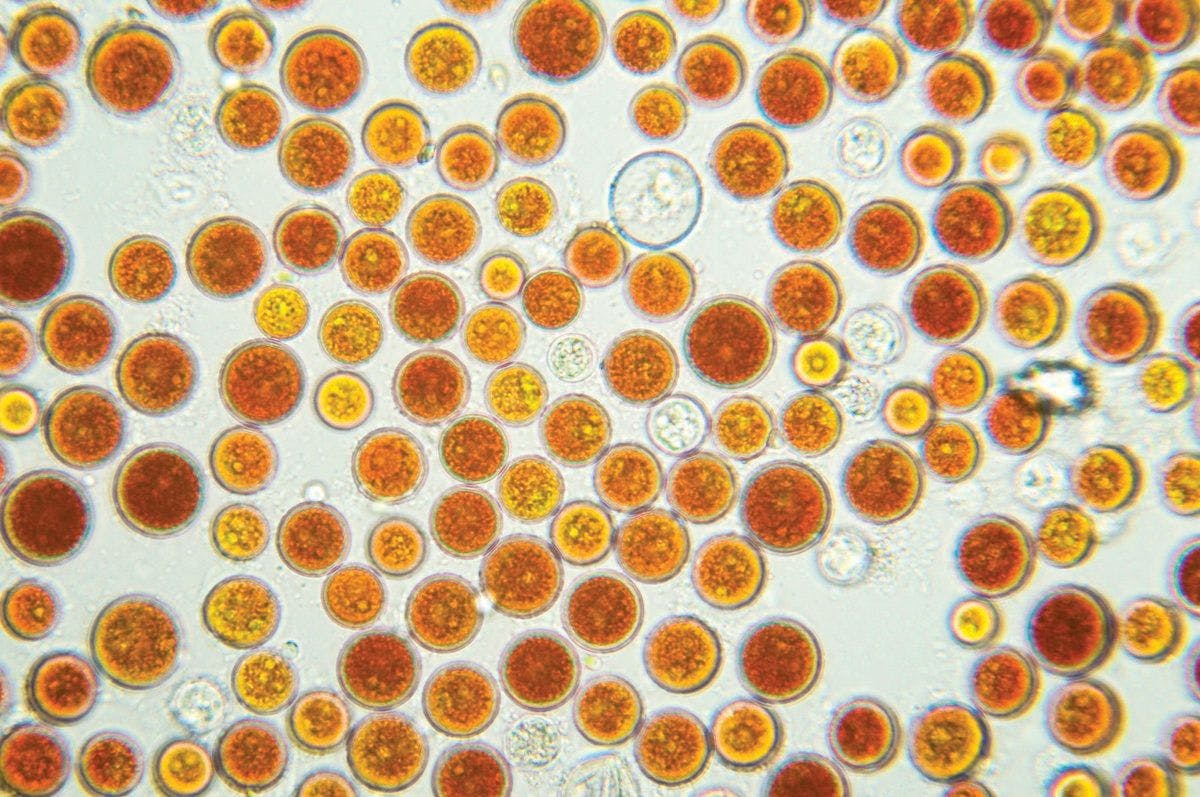High-Priority Nutrients for Kids
Kids aren't mini adults, and their nutritional and supplement needs are unique.
As much as we’d like to think of them as miniature adults, children and their nutritional needs are unique. It’s an ill-conceived notion that by simply halving the dose, adding tutti-frutti flavor, and tableting pills in the shape of cartoon characters, we can transform adult supplements into kids’ multis.
If only. Like children themselves, formulating supplements to satisfy their singular nutritional needs is far more complex. Just consider what a child faces during those first few years: The body is building a foundation of bone, muscles, and other structures; the brain and neural connections are knitting patterns that persist for a lifetime; and a naïve immune system grows wiser as it faces assault from all sides. These and other developments demand nutritional mediation, and if the growing child doesn’t get the right substances in the right amounts at the right windows of opportunity, the effects could reverberate well down the line.
But which substances, in what amounts, and when? The answers lie in the field of child nutrition research, which remains a reliable source of scientific ferment. Notes Duffy MacKay, ND, senior vice president, scientific and regulatory affairs, Council for Responsible Nutrition (CRN; Washington, DC), “The influence of nutrition on childhood health and disease continues to be an ongoing area of research that reveals new information on a daily basis.”
In fact, he says, “The federal government announced plans to include guidance on infants, from birth to two years, as well as on women who are pregnant as a group, in the 2020 Dietary Guidelines for Americans.” This would be a government first in providing such guidance, and it’s happening in no small part because “the available scientific evidence is sufficient to support science-based dietary recommendations,” says MacKay. And here’s a look at just what nutrition researchers have to teach us.
CLICK ON IMAGES TO VIEW SLIDESHOWPhoto © iStockphoto.com/Heidi Marie Rice





















